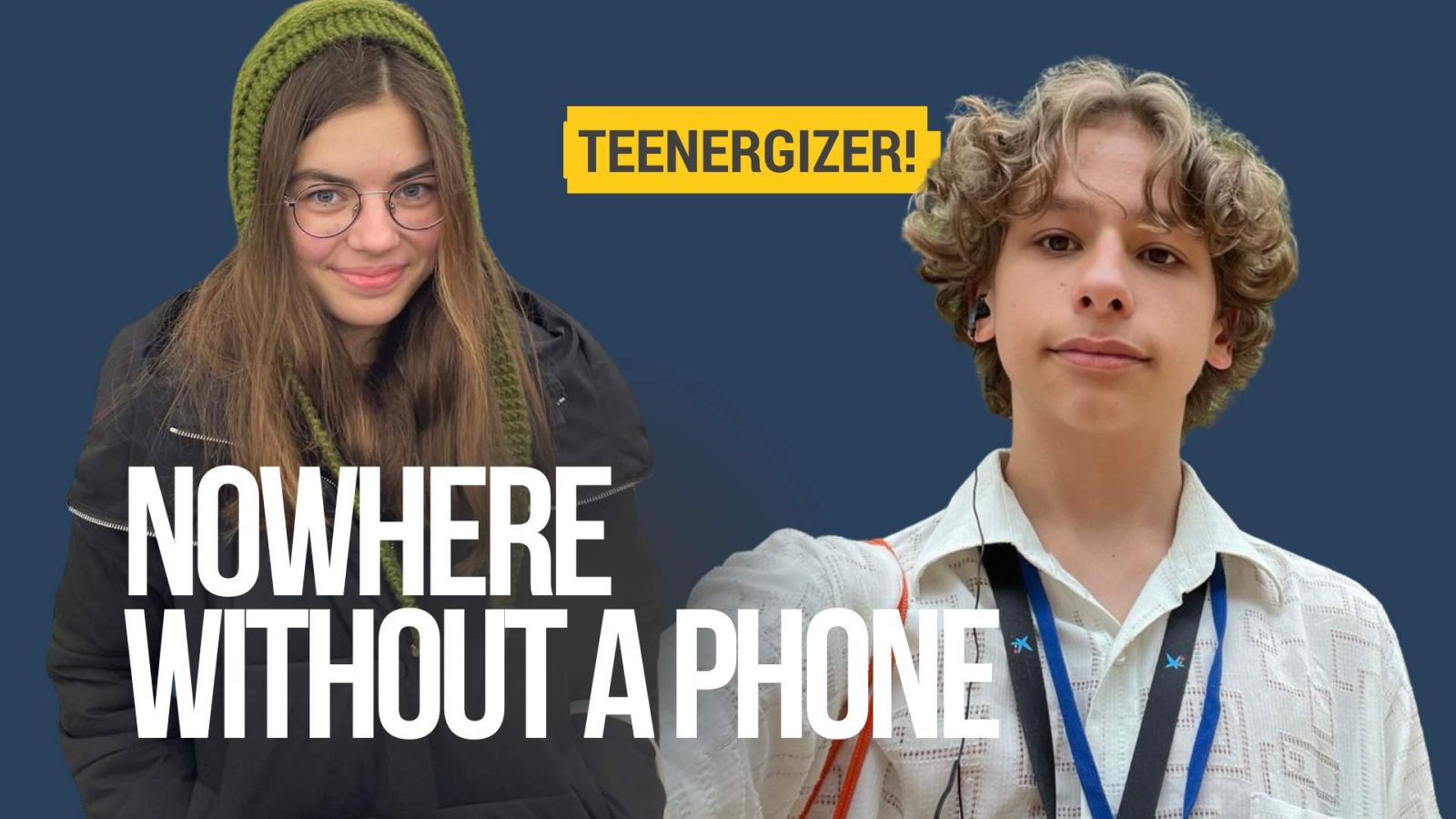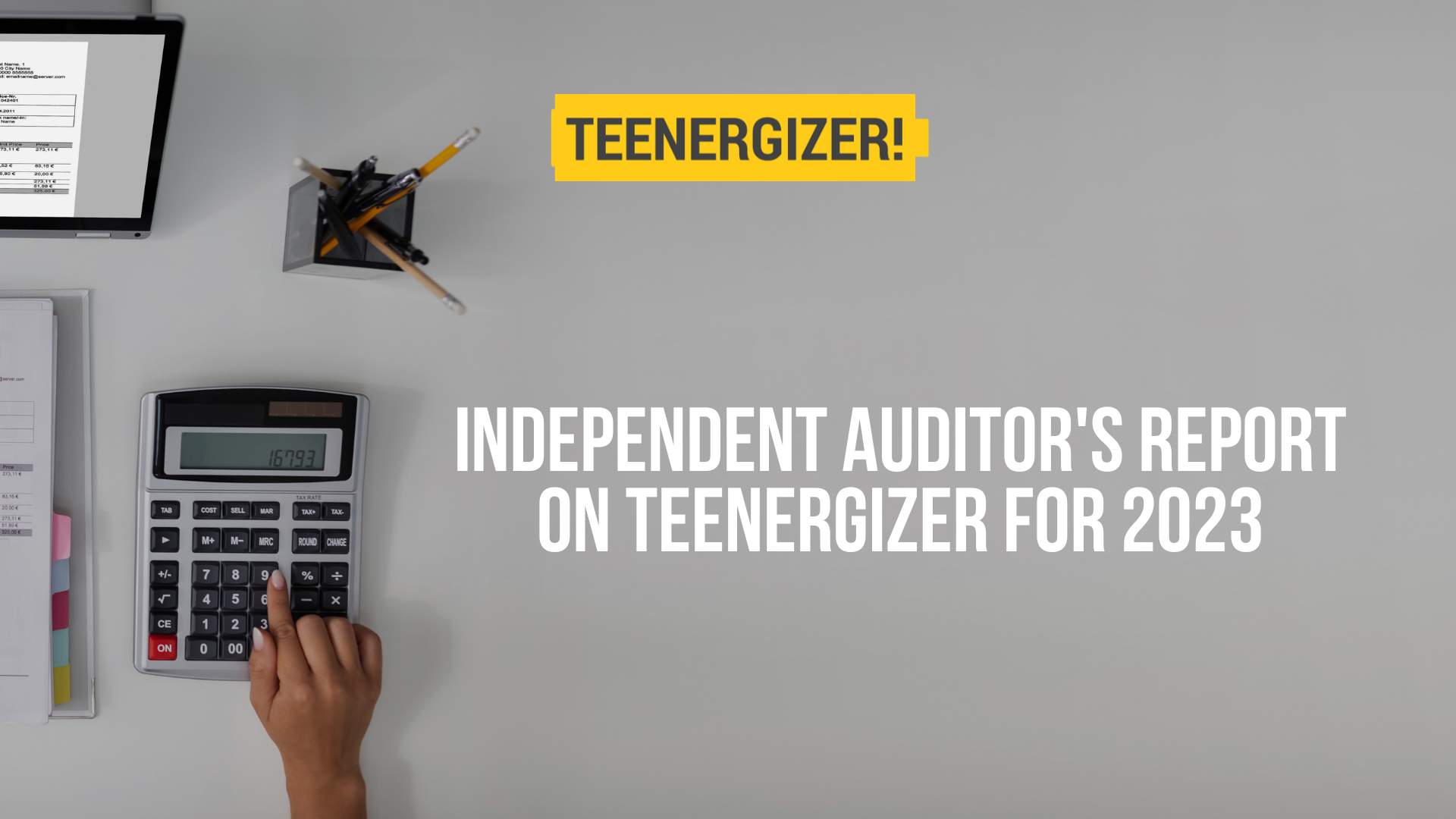“3 years ago I had a suicide attempt. I had 8 cardiac arrests in 7 minutes, 7 days in a coma and an overdose of pills.”
These are the words of Valeria, who at the age of 16 experienced what, unfortunately, many teenagers do not survive. You will never hear their stories firsthand. You will never know the pain they went through. You will also never hear the voices of those teenagers who are going through difficult moments right now. They can be helped right now. But society doesn’t care. No one is interested in their problems.
They are in the shadows and do not know where to find support. Even worse, they do not know that they deserve support at all.
Shame, uncertainty, fear. Are these the feelings that teenagers should experience when they need support? They see how society condemns those who speak publicly about their pain. They hear stories of how a psychologist told parents everything after private therapy. They know that their LGBT+ friends have faced homophobia in hospitals.
At Teenergizer, we are trying to restore trust in psychological support. We not only create a safe space where teens can freely share their experiences, but also give them a voice. We would like to share two stories of our activists, Valeria and Lyubov, who not only went through difficult life situations and received support at Teenergizer, but also dared to talk about it publicly and inspire others not to be ashamed of their own experience.
Valeria’s story: “The doctors and nurses who were supposed to ensure my mental well-being looked down on me”
Valeria, who survived a suicide attempt, faced judgment from doctors instead of support, just like many teenagers before her.
“I ended up in the toxicology department, where teenagers who wanted to kill themselves in the same way as me usually end up. Doctors who had seen many similar stories over the years of practice with teenagers like me, were supposed to support me, but they only blamed me.
Each time, one of the doctors wanted to tell me what a selfish child I was, that I didn’t think about my parents and my friendst, who were worried about me. The doctors who were supposed to help me get out of this situation made it worse.”
We supported the girl in the most difficult moment, helped her find professionals and were by her side. Today Valeria is a Teenergizer activist. She draws attention to the problems of adolescents at international forums and speaks at events dedicated to youth. She boldly and openly shares her story:
“If adolescents and young people cannot count on being accepted by health care professionals and treated without discrimination, regardless of age or how we define our gender and orientation, then they will not seek support from them”.
Liubov’s story: “He tried to break me, trample on me, humiliate my values”
Liubov’s story began when she was 16 years old. She fell in love with a guy who was 23 at the time:
“I would say that it was the first red flag, but for some reason it didn’t scare me. On the contrary, I thought that I could become more independent, more adult and learn a lot from him, because he seemed to me to be very self-realized, experienced, and generally a very cool person.”
This relationship brought her a lot of pain, but she was strong enough to leave it. Despite the pain, she decided to share her experience:
“I want to talk about self-love, about healthy relationships, without the risk of HIV infection, about the flags of unhealthy relationships, about relationships with yourself and about self-love. I also want to emphasize that there is no shame in seeking help from specialists”.
Today, Liubov is part of the Teenergizer team. She conducts trainings and internships for teenagers, takes an active part in events, and tells her story.
Anonymous psychological consultations provided by Teenergizer, unfortunately, cannot cure severe conditions, but they can serve as a catalyst and the first step towards resolving the issue.
They give hope and increase confidence in psychological help in general. Publicly drawing attention to psychological issues also becomes an important example that everyone goes through challenging experiences, and there is nothing shameful in sharing them!”









